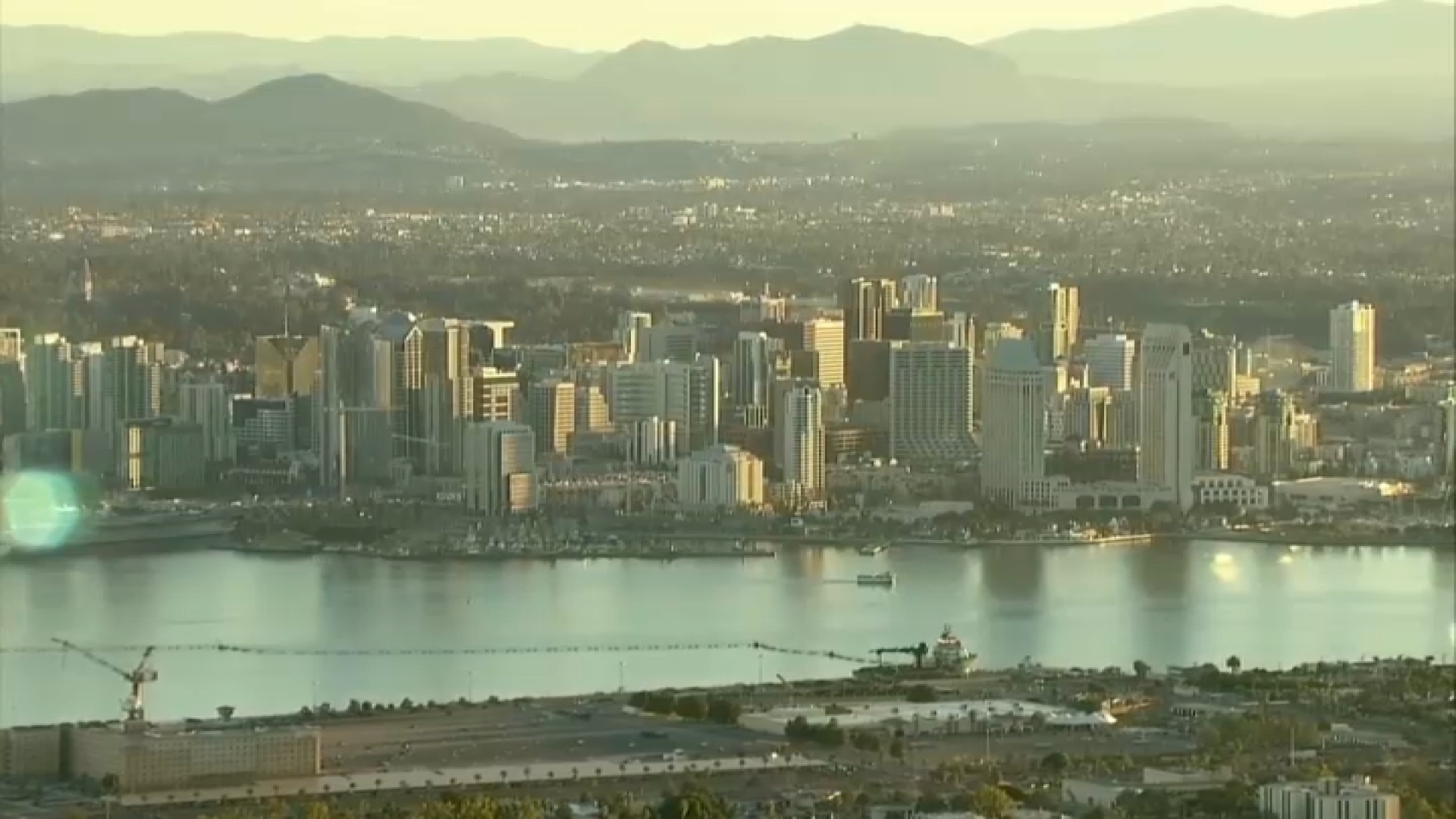James Holmes lingered outside a suburban Denver movie theater for a moment or two, thinking someone at a mental health hotline might talk him out of killing people he didn't know, or that the FBI might swoop in and stop him, he told a psychiatrist last year.
But his phone call to the crisis line was disconnected after 9 seconds, before anyone answered, he says in the videotaped conversation with the psychiatrist, which was shown to jurors in his murder trial Tuesday. The FBI never showed up, despite Holmes' suspicions that agents were watching him.
So after hesitating a few seconds more, he walked inside, tossed a tear-gas canister and opened fire, he says on the video. He says he remembers hearing one scream and seeing one victim out of the 12 who were killed and 70 who were injured, but little else.
"At that point, I'm on autopilot," he says in an eerily flat and expressionless voice.
Jurors are watching nearly 22 hours of Holmes' videotaped conversations with Dr. William Reid, who conducted a court-ordered evaluation of Holmes after he pleaded not guilty by reason of insanity in the July 20, 2012, massacre.
Defense attorneys say schizophrenia had distorted Holmes' sense of right and wrong, and that he should be committed indefinitely to the state mental hospital.
Prosecutors argue Holmes should be convicted and executed. They say he doesn't meet Colorado's definition of insanity: Unable to tell right from wrong or unable to form the intent necessary to commit a crime because of a mental disease or defect.
Local
Reid has told jurors he believes Holmes was mentally ill but was legally sane at the time of the shootings.
Defense lawyers will begin making their case when prosecutors finish, in about three weeks.
In the video shown Tuesday, Holmes tells Reid that he called the hotline on his cellphone while he was outside the theater, halfway through, as he put it, "gearing up" for the attack — putting on body armor and gathering up his assault rifle, shotgun and handgun.
Why did he call?, Reid asks.
"Just one last chance to see if I should turn back," Holmes answers, but he doubted he could have been talked out of it.
What did he feel when the phone call was disconnected?
"Just that it was really going to happen," he says.
Holmes says he thought FBI agents would rush in when he stepped out of his car, heavily armed and in a police-style helmet, in the lighted lot behind the theater where he had parked. The FBI has never said whether it was monitoring Holmes before the shootings, and an agency spokeswoman didn't immediately return a call for comment Tuesday.
Reid prods Holmes to recall what he felt, saw and heard inside the theater, but Holmes gives only clipped answers.
He couldn't see well because of scratches on his gas mask. He doesn't remember hearing much, even the techno music he was blasting through his ear buds at full volume.
"I was kind of blocked out," he says.
He fired all six of his shotgun shells, he says, and then began firing his rifle at seats. What about the people?, Reid asks.
"The people are hiding behind the seats," Holmes says.
Holmes kept firing until his rifle jammed. After he couldn't fit a different magazine into the weapon, he walked outside, he says. He was arrested there moments later.
Earlier in the videotapes, Holmes tells Reid he believed his self-worth increased by one "value unit" for each person killed. In the segment shown Tuesday, Holmes says he initially thought he killed three but wasn't sure. Three dead would have been a success, he tells Reid.
How would he rate 12 dead ?, Reid asks.
"Moderate success," Holmes answers.
Holmes also tells Reid on the videotape that he wishes that Dr. Lynne Fenton, a psychiatrist who treated him before the shootings, had placed him under a 72-hour police psychiatric hold.
"I kind of regret that she didn't lock me up so everything could have been avoided," Holmes says.
But Holmes also tells Reid that he was careful not to let Fenton know he was planning the theater attack.
Fenton didn't return a phone message Tuesday. She is expected to testify later in the trial.
Under questioning by District Attorney George Brauchler, Reid said Holmes' wish to be locked up before the shootings was evidence he knew right from wrong.
"There's a strong implication he wants to be stopped from doing something wrong," Reid said.
___
Associated Press writer Dan Elliott contributed from Denver.



